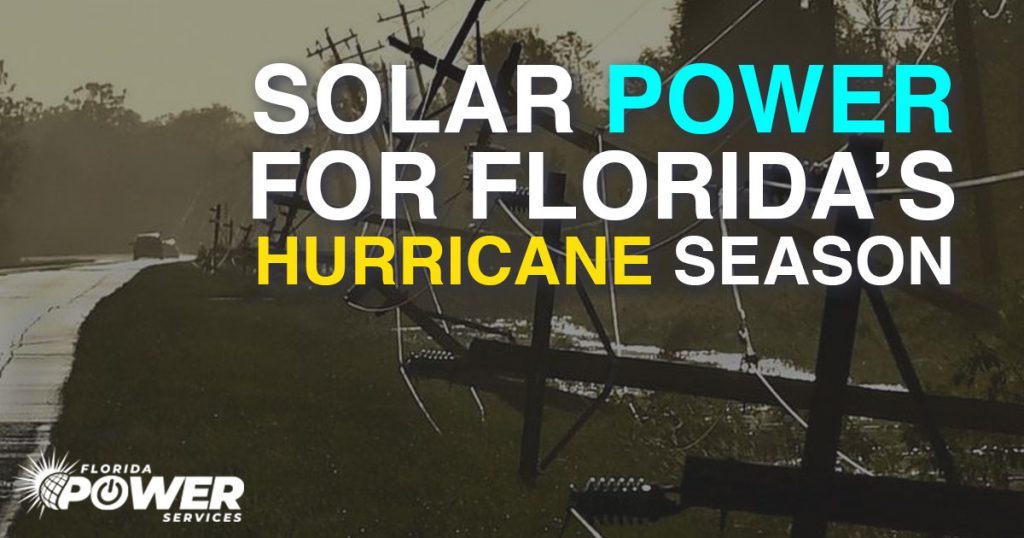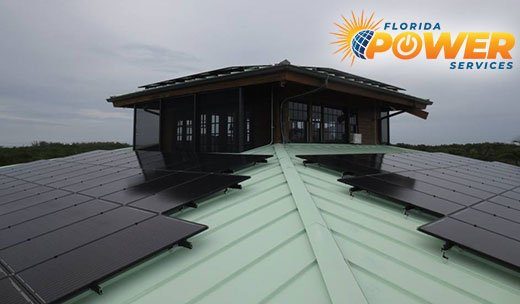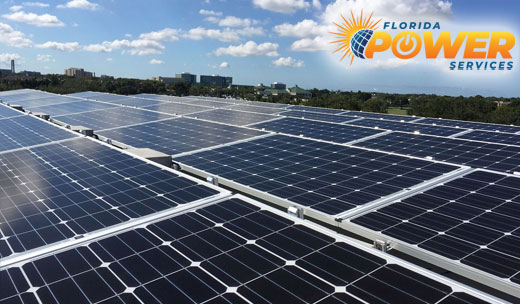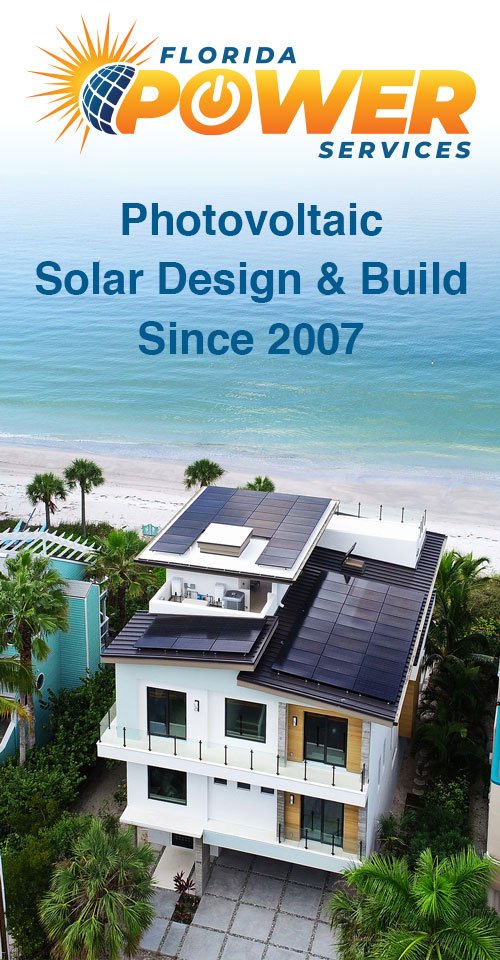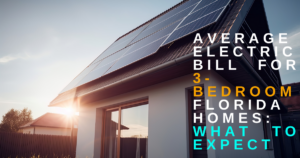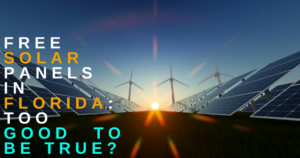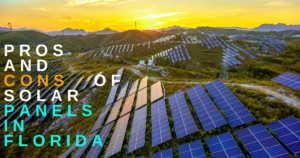When hurricane season hits hard, millions of Florida residents are left in the dark with power outages. However, many people prepare and enjoy electricity by installing solar power storage systems. Here is a guide to why having your own solar battery bank is so important during Florida’s hurricane season:
The Benefits of Solar Battery Banks During Hurricanes
Picture this: A major hurricane arrives, it rips apart Florida’s electrical grid and leaves millions in the dark. It lasts days, maybe even weeks. Food perishes fast. People are stumbling around with torches, struggling to stay calm and their phones are dead.
But you’re prepared. You have a solar battery bank. The grid goes down and it kicks into action, supplying you with all the energy you need for fridges, lights and communication. Even at night, it provides you with electricity. When it starts to run low, even a cloudy day is enough to keep you safe. Finally, your energy bill reads just $11, the monthly utility charge.
Does Solar Power Work During Hurricanes?
If you have a solar power system with a battery bank or stand-alone inverter, then yes! Without that, your solar system will go down along with the grid to avoid back feeding power and causing electric shocks. That’s why solar battery banks are essential to keep your power on during Florida’s hurricane season!
Solar battery banks take excess solar energy and store it on-site, ready to be used whenever you want. Whenever there is light hitting the panels, energy is stored. If it’s a clear day, you can even feed excess electricity back into the grid and earn money!
Despite hurricanes bringing heavy cloud cover, solar panels can still absorb 25% of their capacity. The exact amount depends on how dark cloud cover is and the number of breaks in the clouds throughout the day. In general, it’s enough to keep your essential appliances running day and night.
Do Solar Panels Break During Florida’s Hurricanes?
Thankfully, the best solar power systems can withstand Florida’s hurricane season. High winds and heavy rain could potentially dislodge a solar panel, but by using high-quality materials and craftsmanship, we ensure they’re strong enough. Florida’s hurricane season is particularly brutal, so installation companies work hard to ensure their fixtures are strong enough and meet state regulations. The majority of solar panels should hold off winds of up to 170MPH.
Solar panels are also built from a mix of aluminum and glass, making them extremely waterproof. Even the heaviest of rainstorms won’t cause damage. Rain can actually be a positive, as it clears away dirt build-up and pollen, making them more efficient.
Unless you’re caught in one of the biggest hurricanes in history, or have a tree dangling above your panels, then you have no reason to worry about solar panel damage. Storms are one of the primary reasons that manufacturers make solar systems for.
Do Hail Storms Damage Solar Panels?
The best solar panels are known for being impressively resistant to hail storms. The National Renewable Energy Laboratory reported that only 0.1% of systems suffer damage every year. Manufacturers build their solar panels to last and that includes fighting off large hailstones that fall at 50MPH. Although you’ll see car windows shattering, your solar panels will stand firm.
Can Hurricane Debris Damage Solar Panels?
Hurricane debris tends to prove no match for solar panels. Tree branches, roof tiles and other common debris will bounce off. Of course, there are limits to what any material will take, but our solar panels are built to fight off all the dangers of hurricanes.
Why Do Some Solar Panels Break During Hurricanes?
Poor installation. It’s as simple as that. Cheap materials, bad tilt, undersized racks, inadequate bolts and clamp failures are just a few examples. Some solar companies cut corners and it’s the customers who suffer. Use a reputable Florida solar power installation company and you won’t regret it. Our panels have survived all of Florida’s hurricanes for over 25 years.
Most Homeowners’ Insurance Covers Solar Panels
In the unlikely event of your solar panels suffering damage, there is no reason to panic. Most homeowners’ insurance plans include solar panels as a permanent part of your home. That means they should be covered! We advise contacting your insurer before installation to see whether you’re covered and if not, to see if you can be.
Solar Power Protects Business Owners During Hurricanes
As we’ve already mentioned, the grid can be down for days or even weeks after a hurricane. Business owners with a solar battery bank can stay open, keep food fresh and process credit card payments when every other store is shut. Commercial solar power is rapidly on the rise and proves the difference between a closed store and an open store during hurricane season.
If you’re a business owner considering investing in commercial solar power, then contact us today to get started.
Florida Hurricane Statistics
- When Hurricane Irma struck Florida in 2017, it left 6.7 million homes without electricity. For many, that lasted weeks.
- Two of the largest power plants in Florida were shut down before the hurricane even arrived.
- 2020’s Hurricane Season predictions include four major hurricanes, with an “above-average” probability of making landfall.
- Hurricane season is defined as June 1 to November 30, with August to September the most active.
- Florida is the most hurricane-affected state, with over 500 named storms hitting land since the 1800s.
2020 Is the Time to Act!
We won’t see solar power installation costs as inexpensive as 2020 for decades. That’s all thanks to Solar Tax credits. In 2020, you can save 26% on solar installation costs. But over the next two years, that figure will hit 0% (20% in 2021, 0% in 2022). 2020 is the time to act!
Solar Power Installation for Florida Hurricanes
If you want to keep your lights on during Florida’s hurricane season, then you need a solar battery bank. Contact Florida Power Services “The Solar Power Company” today to get started. We’ll provide you with expert advice on off-grid energy and how to make your home self sufficient. Prepare now before it’s too late!

